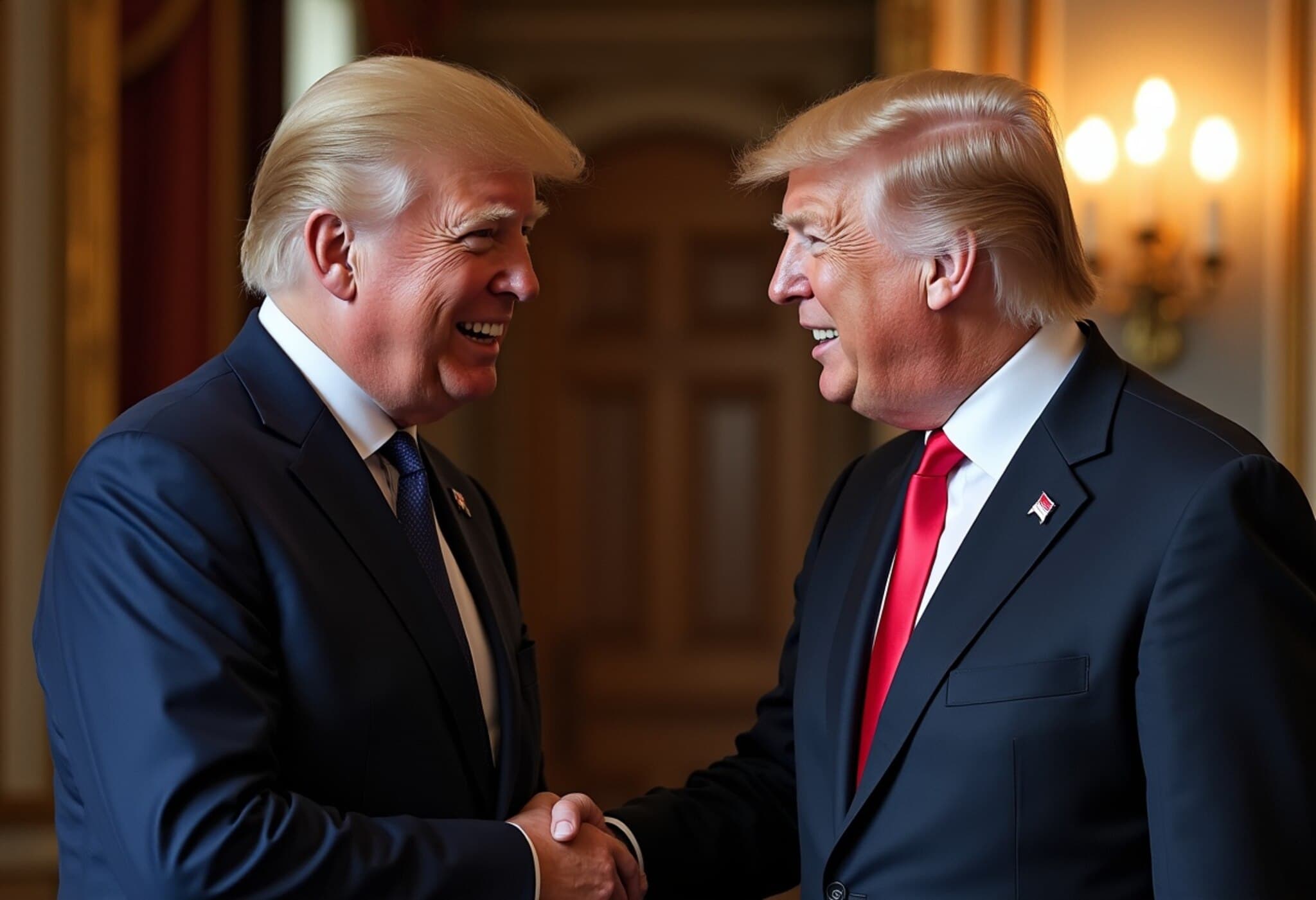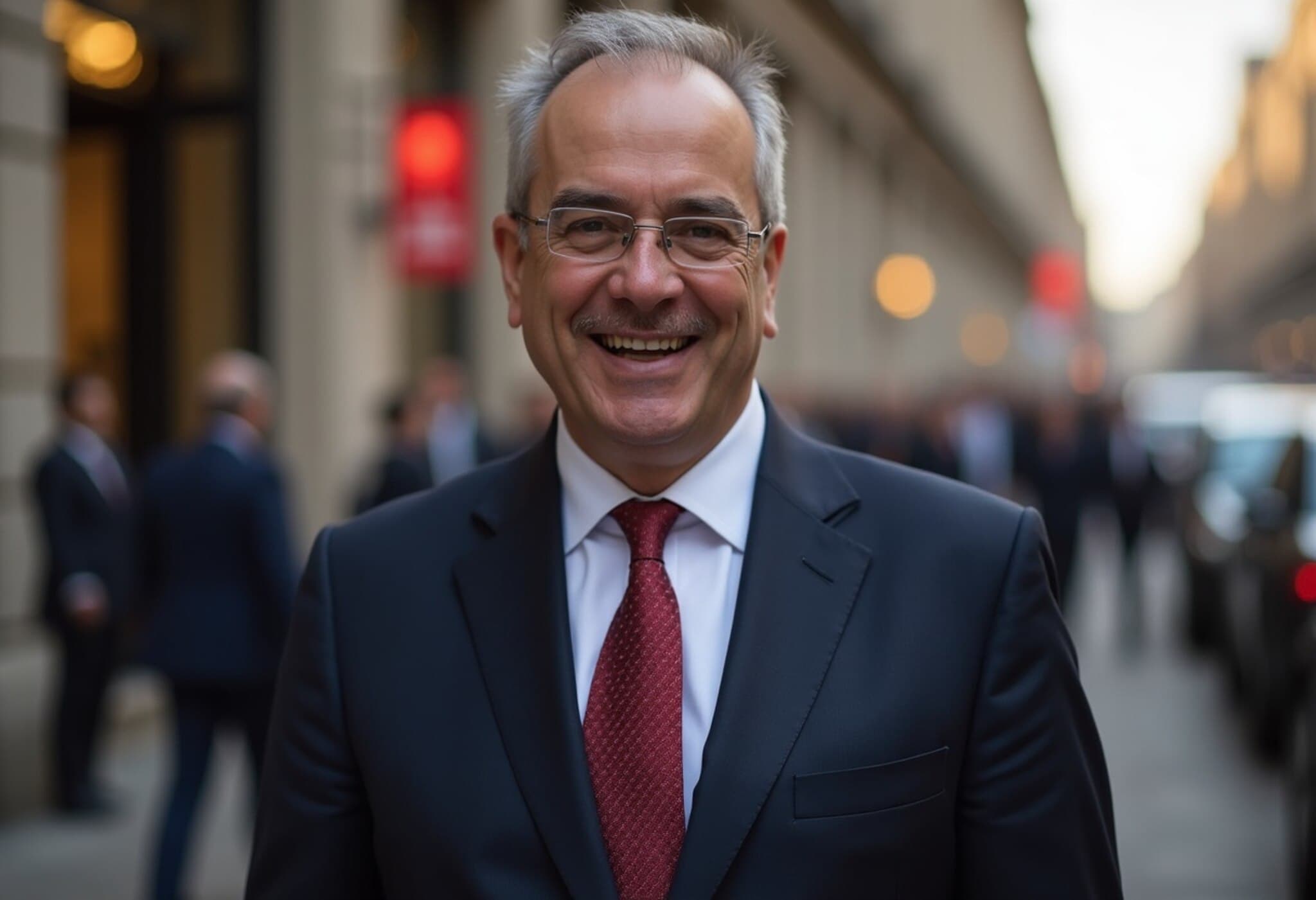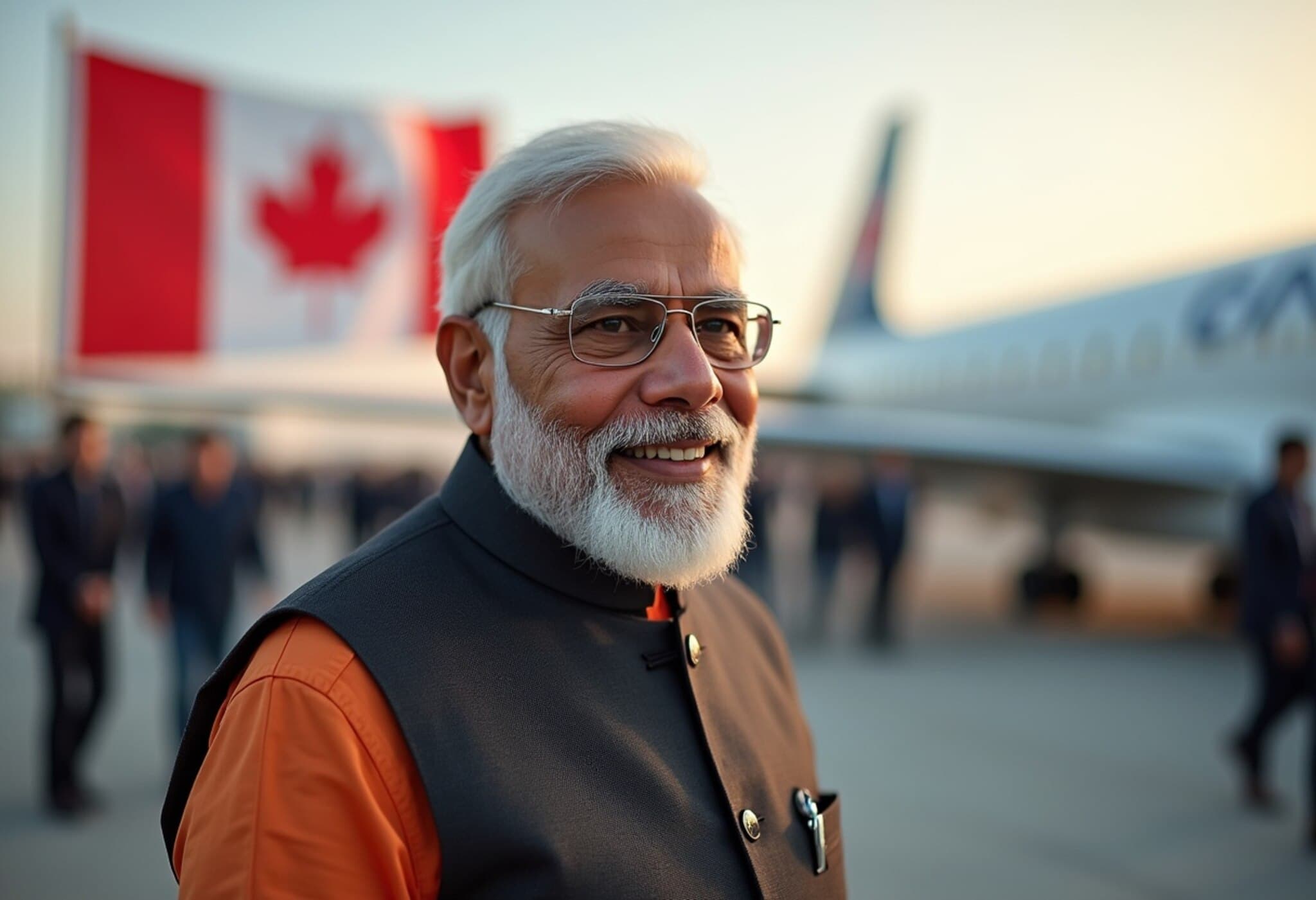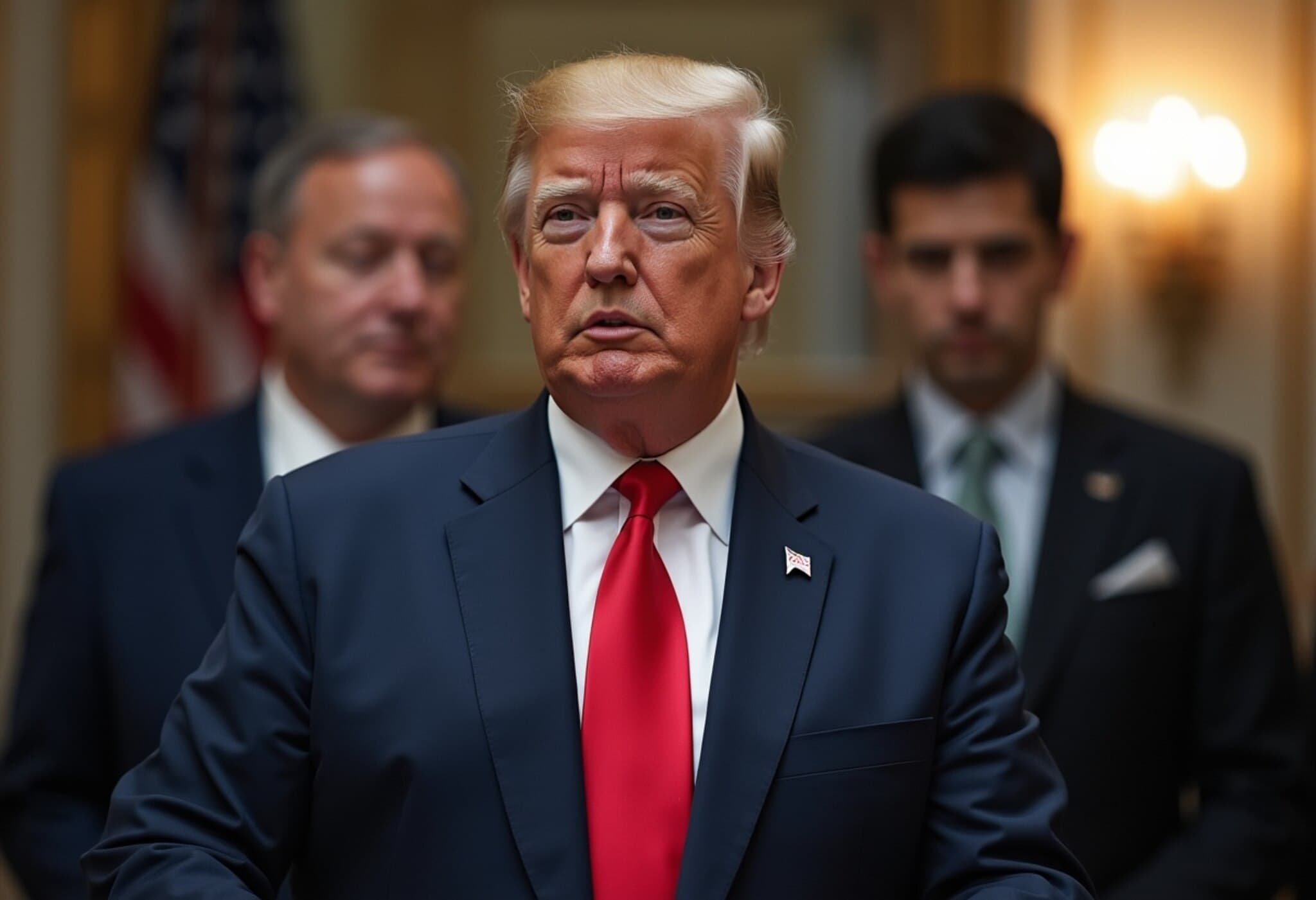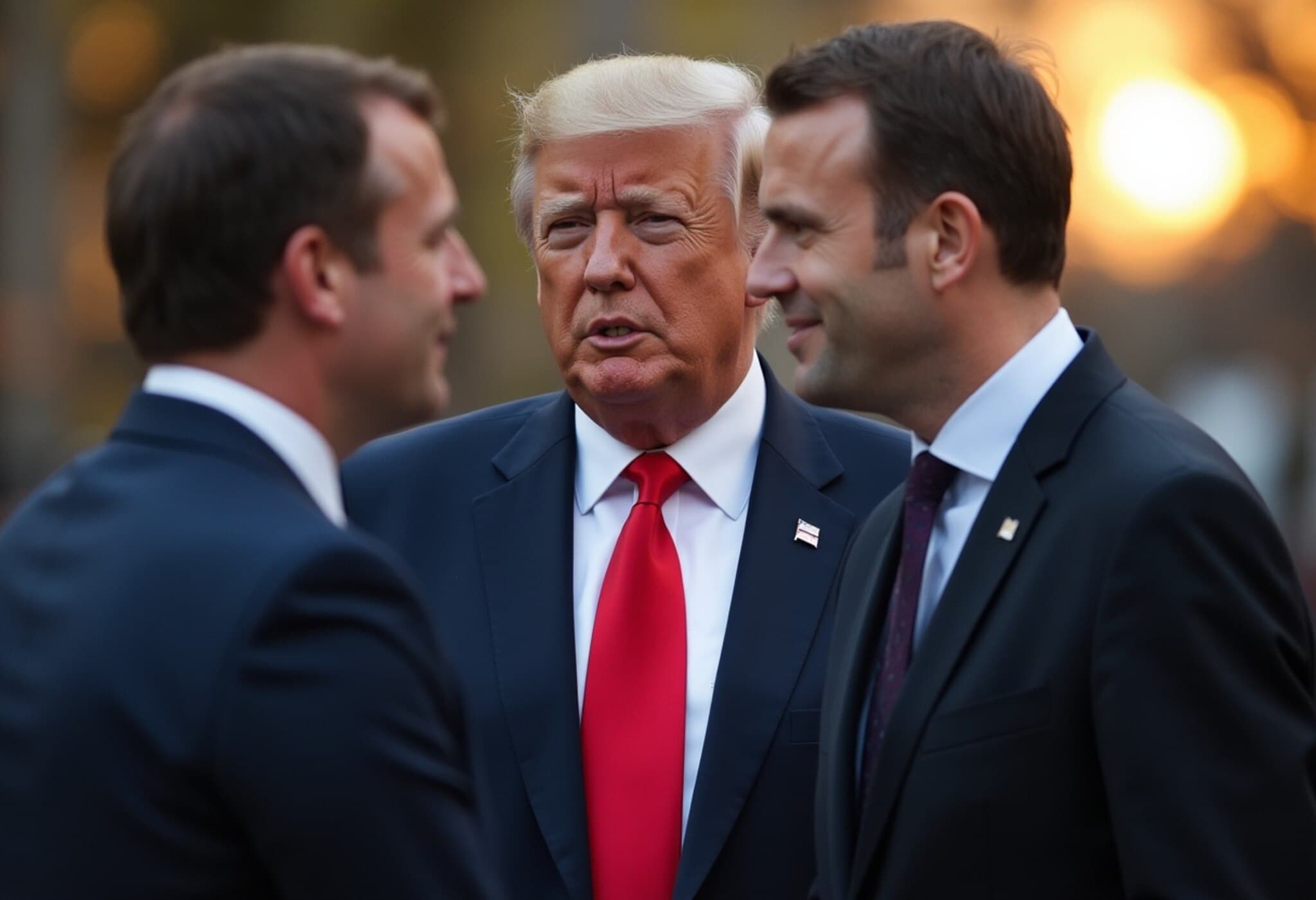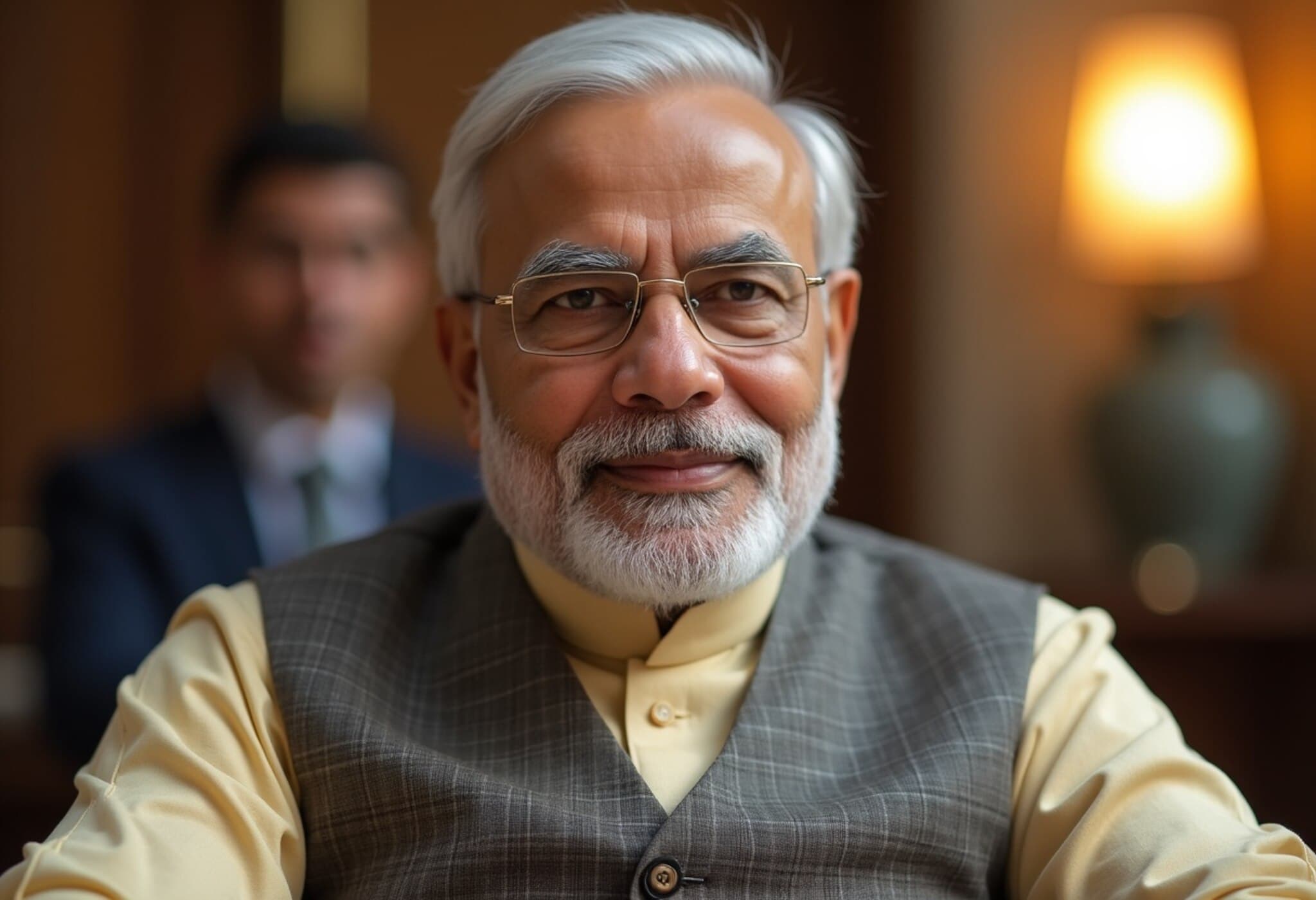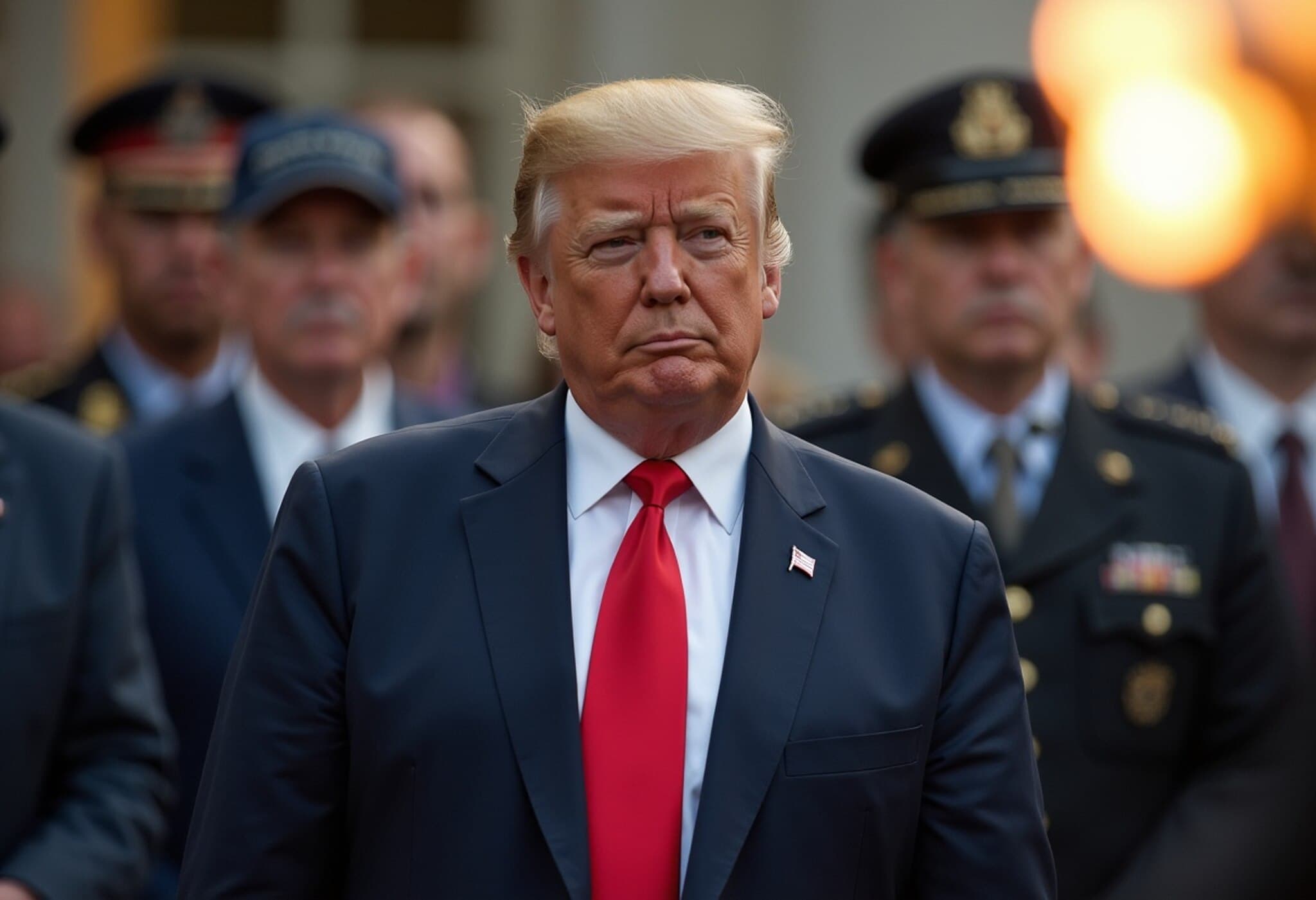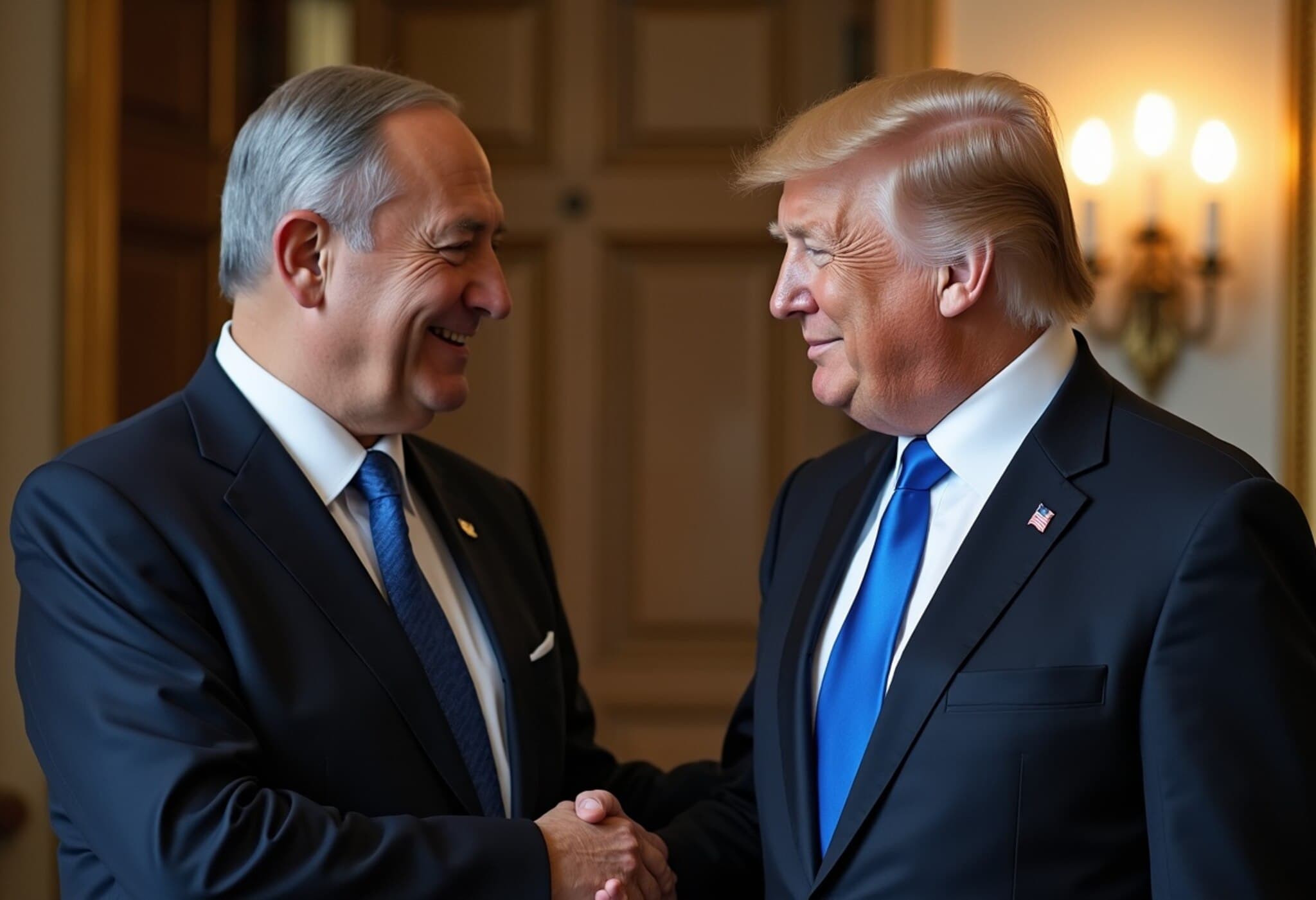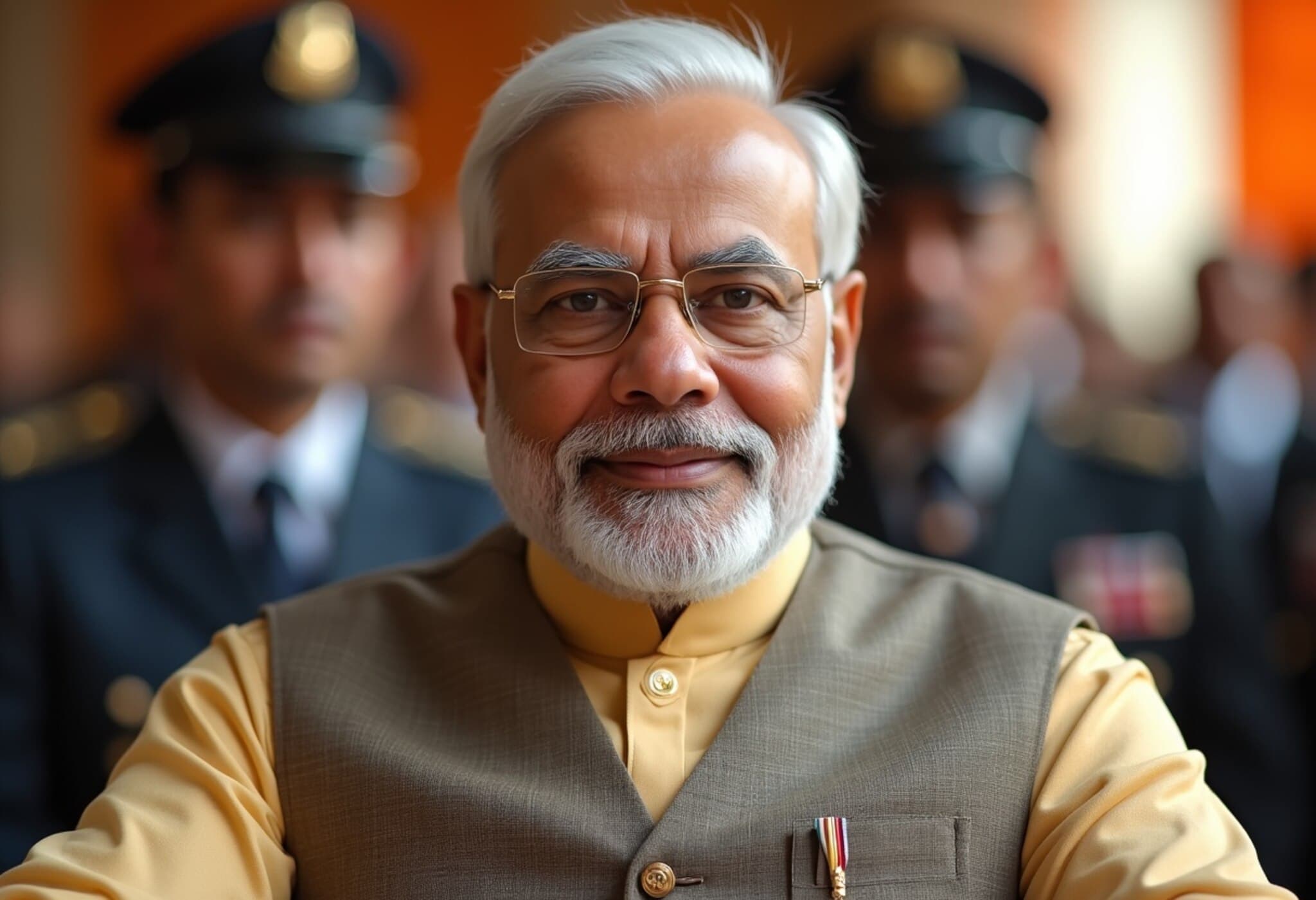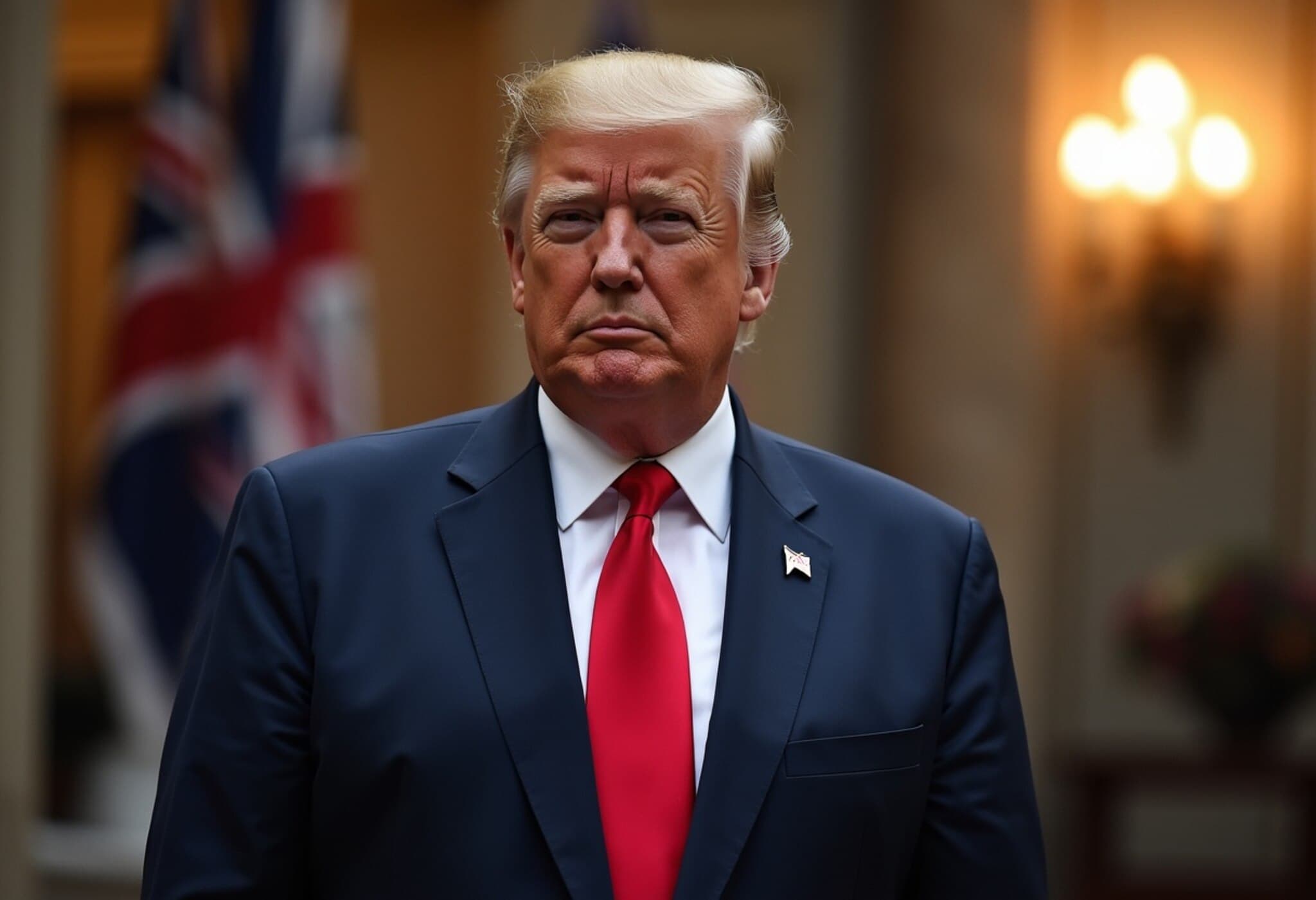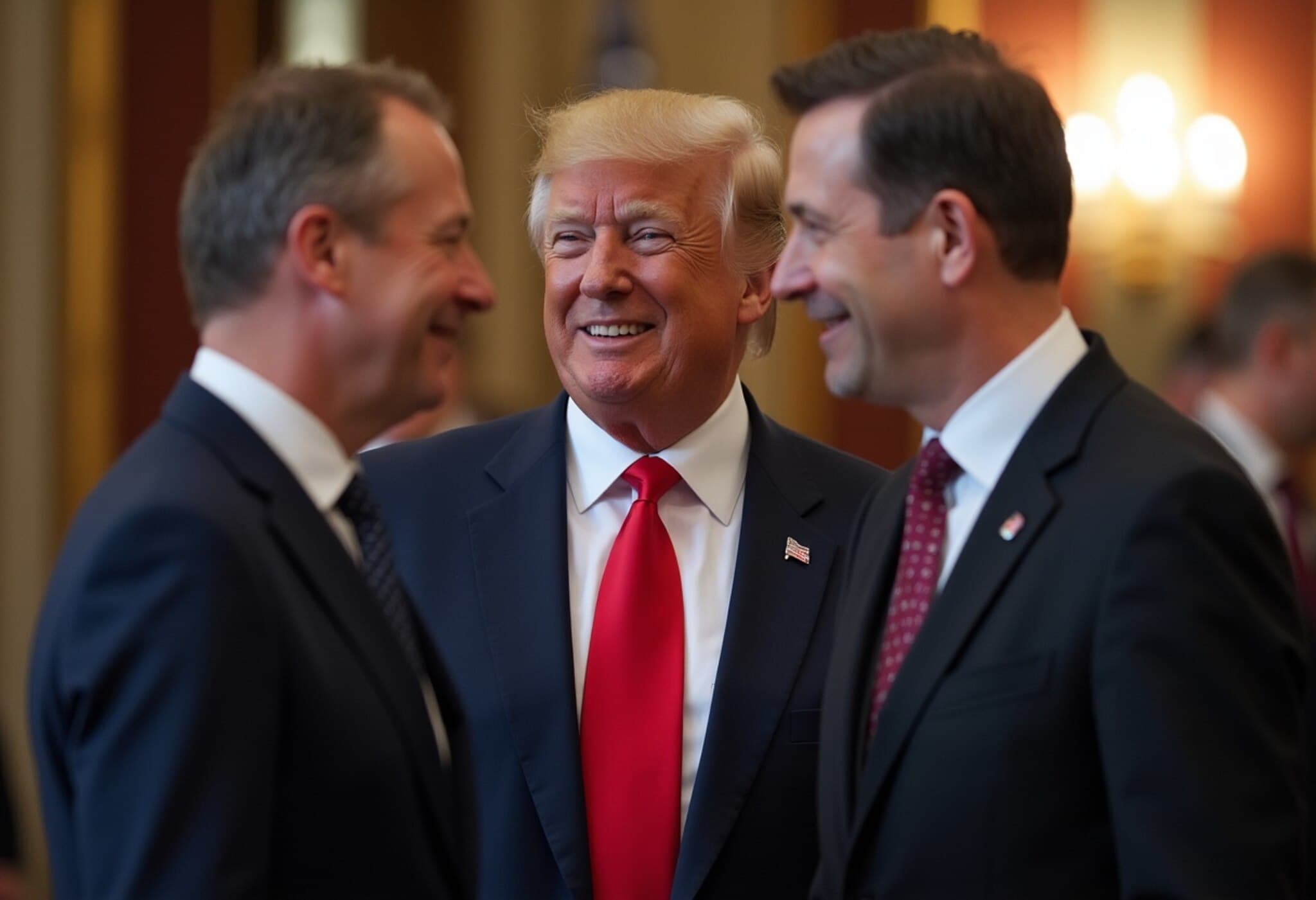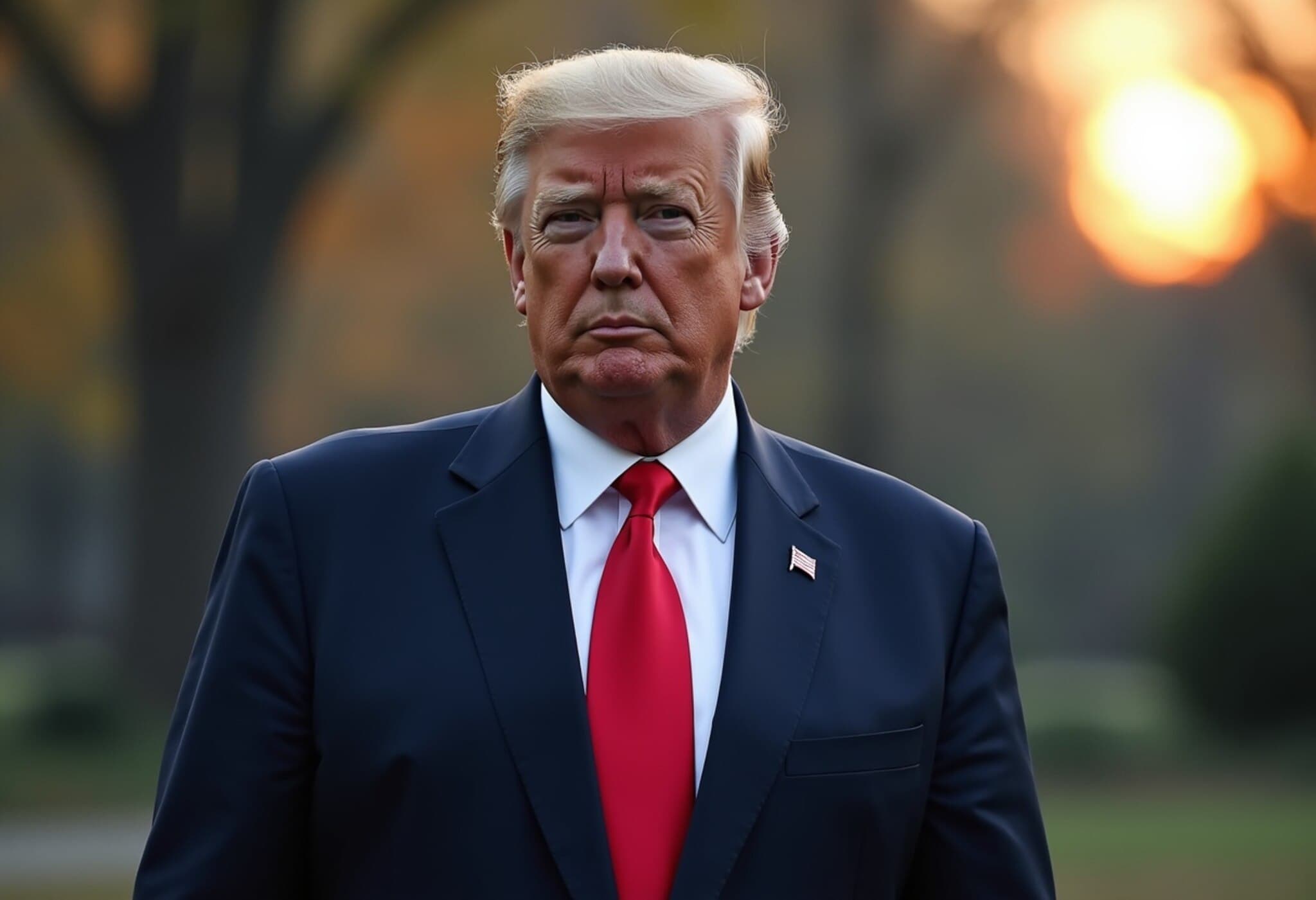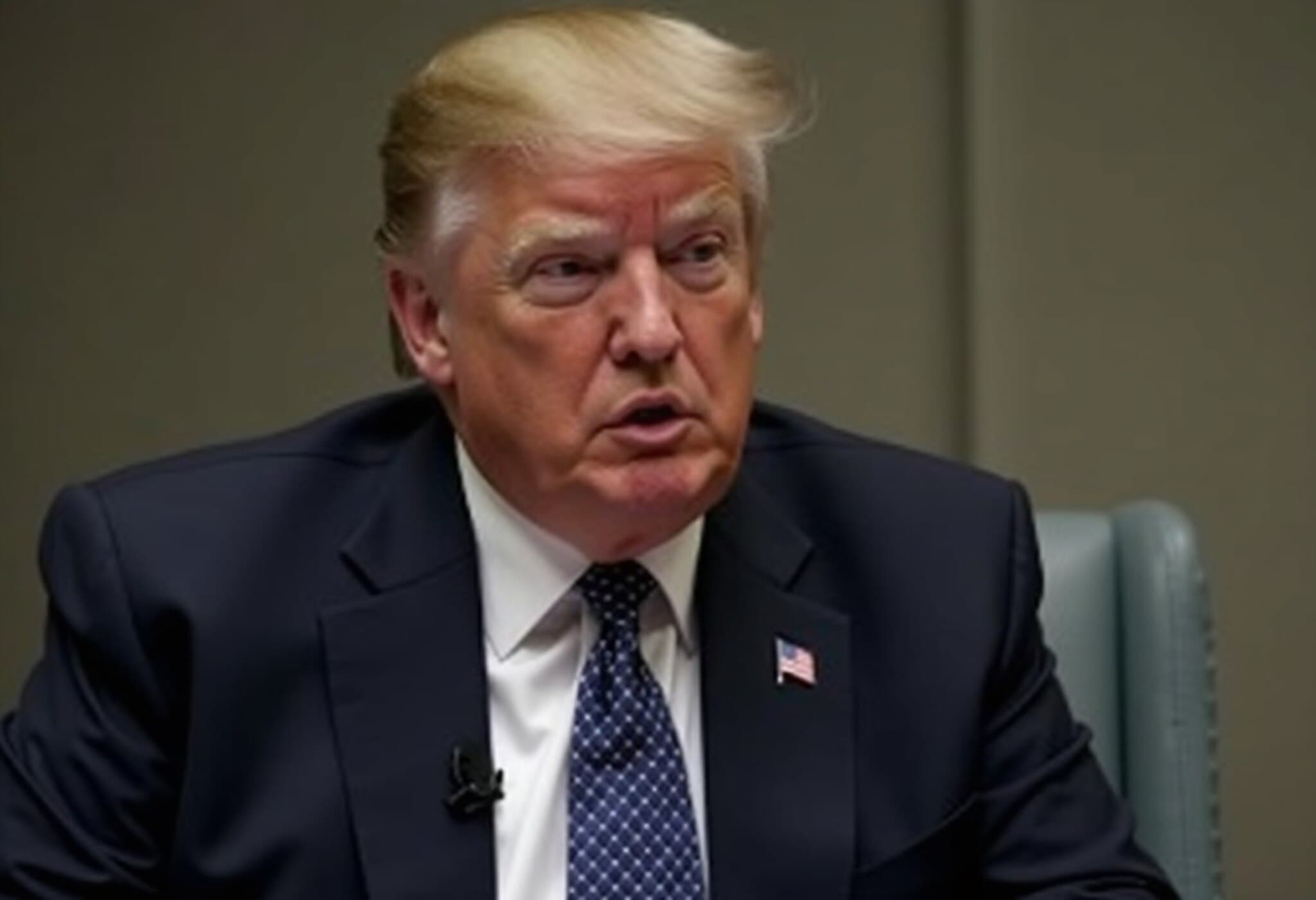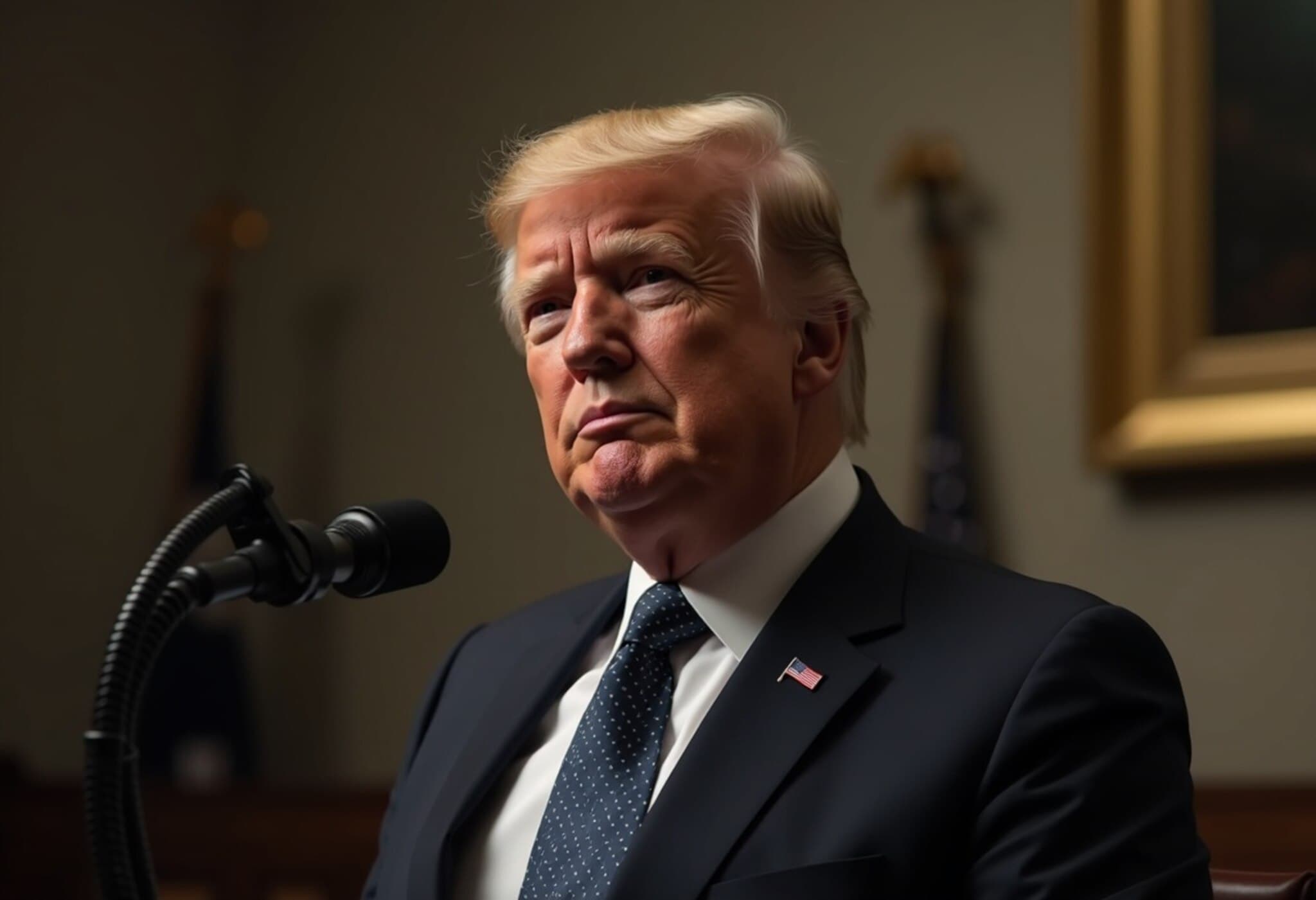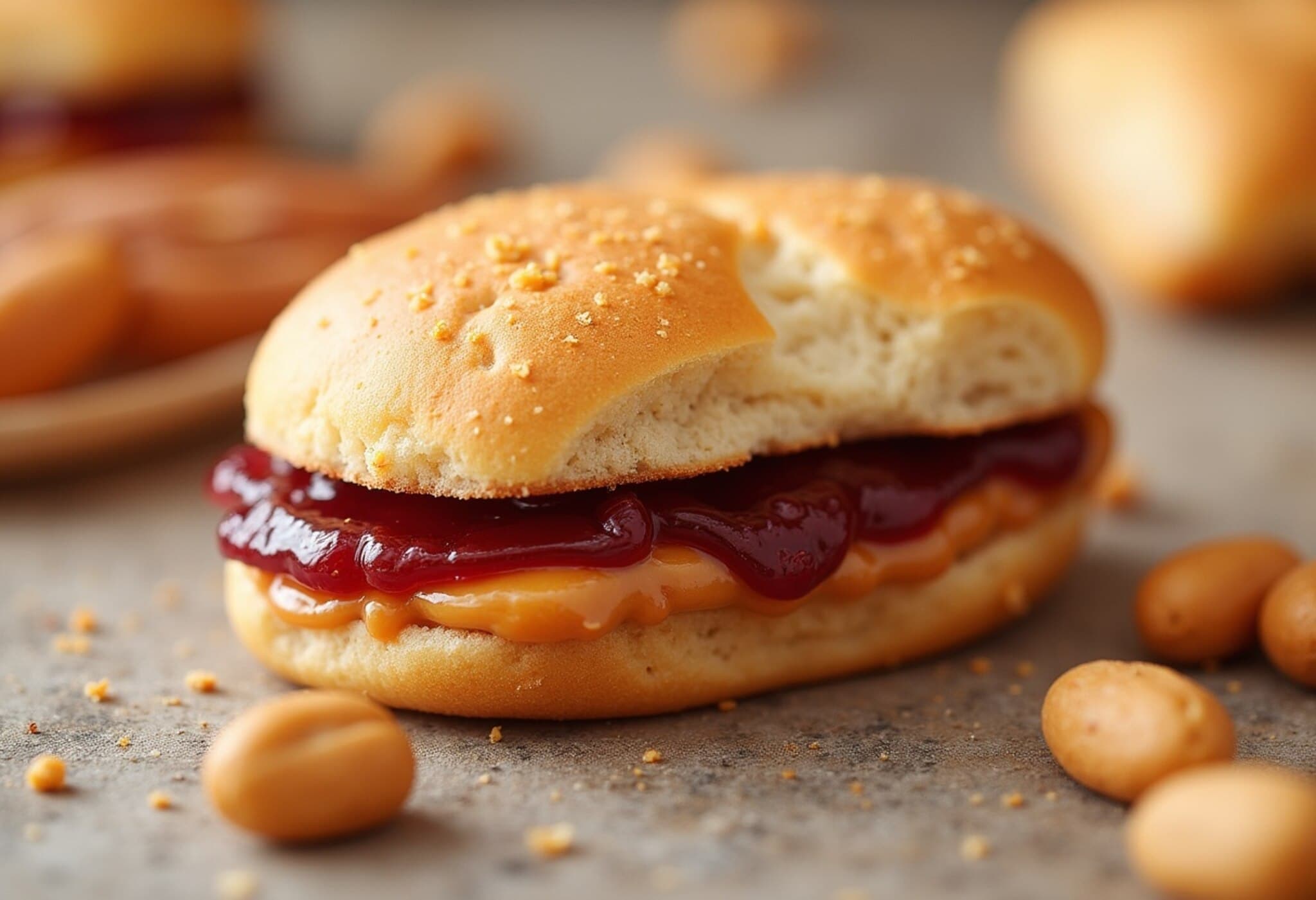King Charles III to Welcome President Donald Trump for Second State Visit
In a remarkable diplomatic first, US President Donald Trump is set to embark on a second state visit to the United Kingdom this September, with Buckingham Palace announcing the three-day event from September 17 to 19, 2025. King Charles III and Queen Camilla will personally host the Trumps at the iconic Windsor Castle, underscoring the special, ongoing relationship between the US and the UK under the new monarch's reign.
The Invitation: A Symbol of Enduring Alliance
According to Buckingham Palace, the invitation extended to President Trump was relayed through a letter personally handed over by British Prime Minister Keir Starmer during his visit to the White House earlier this year. At that moment, Trump expressed his excitement, describing the honor as "great, great" and calling the prospect of staying at Windsor Castle "really something." This marks an unprecedented milestone — never before has a sitting US president received a state visit invitation twice during their term.
Diplomatic Context: Strengthening Ties Amid Global Challenges
President Trump's forthcoming visit arrives at a critical juncture in UK-US relations. With Prime Minister Starmer navigating a complex geopolitical landscape and seeking to shield the UK from potential US-imposed trade tariffs, this state visit serves not only to celebrate traditional Anglo-American friendship but also to potentially recalibrate economic and diplomatic ties in a changing world.
- Ceremonial Highlights: The visit will include a military parade, a grand carriage procession, and an official state banquet hosted by the King and Queen.
- Venue: Windsor Castle will serve as the residence for the Trumps during the visit, continuing the tradition set by French President Emmanuel Macron's recent state visit while Buckingham Palace undergoes renovations.
Balancing Tradition and Controversy
While state visits to the UK are distinguished affairs steeped in ceremony and symbolism, President Trump’s previous visit in 2019 drew widespread public attention—and protests—including the memorable flying of the giant “Baby Trump” blimp near Parliament. This upcoming visit is expected to evoke similar reactions, highlighting the complicated emotional landscape surrounding Trump’s polarizing global persona.
Complex Diplomatic Nuances for King Charles
King Charles III’s role as head of state extends beyond the UK to countries such as Canada, adding layers of diplomatic sensitivity to the visit. Recent comments by President Trump suggesting Canada could be considered a "51st state" stirred controversy amid Canadian sovereignty discussions. King Charles himself reinforced Canada's independence during his recent diplomatic visit there, providing a firm but tactful stance that underscores the subtle challenges entwined in this royal-hosted visit.
What This Visit Means for the UK and Beyond
This second state visit could be seen as a strategic move to engage openly with the White House's current administration style, reinforcing the 'special relationship' between the United States and the United Kingdom. Experts suggest that such visits are not merely ceremonial but are powerful platforms for dialogue on trade, security cooperation, and global challenges such as climate change and international stability.
As the UK continues to cement its post-Brexit identity and navigate 21st-century geopolitics, these royal invitations carry significant weight, signaling a willingness to foster strong, resilient partnerships even amid political unpredictability.
Editor’s Note
The announcement of President Donald Trump’s second state visit to the UK under King Charles III’s reign is a landmark event in diplomatic history, blending tradition with contemporary geopolitical realities. This visit raises important questions about how personal diplomacy shapes international relations and reflects broader socio-political dynamics. As we observe the upcoming ceremonies and conversations, readers are encouraged to consider the intricate balance of protocol, politics, and public sentiment that define such high-profile encounters.

